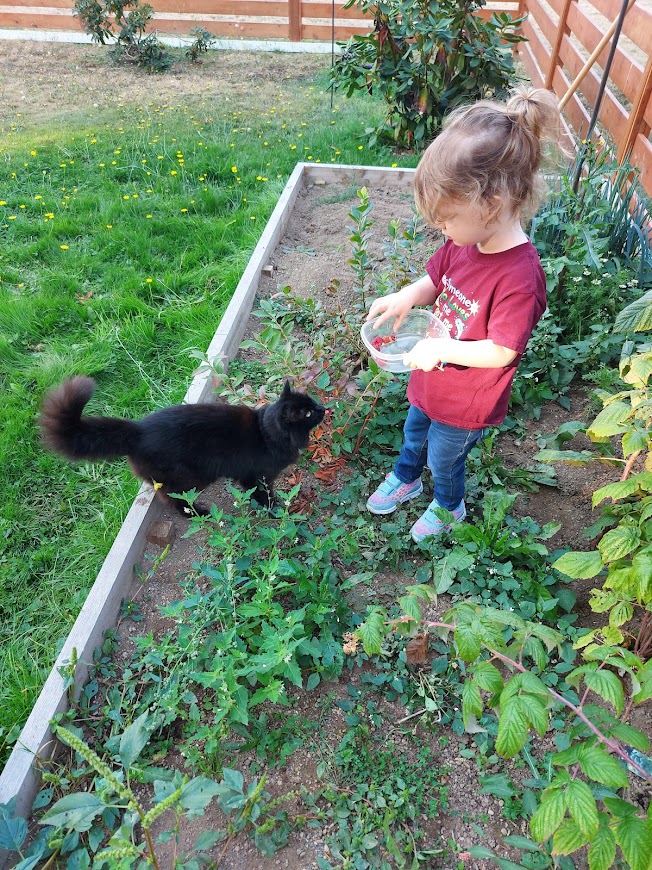Reimagining Knowledge as Gardening: Planting Seeds of Knowledge and Imagining Future Blossoms
Main Article Content
Abstract
Within a Western research paradigm, knowledge translation is often approached in a predictably linear fashion, as evidenced in research manuscripts with delineated sections (e.g., background, methods, findings and implications). This approach to knowledge sharing is oftentimes one-directional and involves the researcher ‘telling’ the audience what knowledge was gained. This prescriptive framework may not be culturally relevant or appropriate for Indigenous researchers or research contexts. In this presentation, Reid and Turner shared how they are approaching knowledge translation differently, through the lens of their own identities and intersections - some of which the co-presenters share (both are occupational therapists, citizens of Métis Nation BC, current PhD students in UBC’s Rehabilitation Sciences Graduate Program, and identify on the queer spectrum) and some of which are different. Rather than approaching knowledge as something to be translated, the two approach it as a knowledge gardening process.
As the co-authors come into relationship with ideas and teachings that are planted (learned), knowledge blooms and can be shared with others in a range of ways. For Reid and Turner, this may look like creatively sharing joy-based perspectives that are informative, relevant and which spark audience imagination and relatability. Within an Indigenous framework of relationality, knowledge gardening can be a means of honoring one's own relationship to ideas while also bringing listeners into relationship with knowledge that bloomed throughout the research journey. This presentation left the audience with a re-imagining of what knowledge translation, or gardening, could grow into in their own work.
Article Details

This work is licensed under a Creative Commons Attribution-NonCommercial 4.0 International License.

